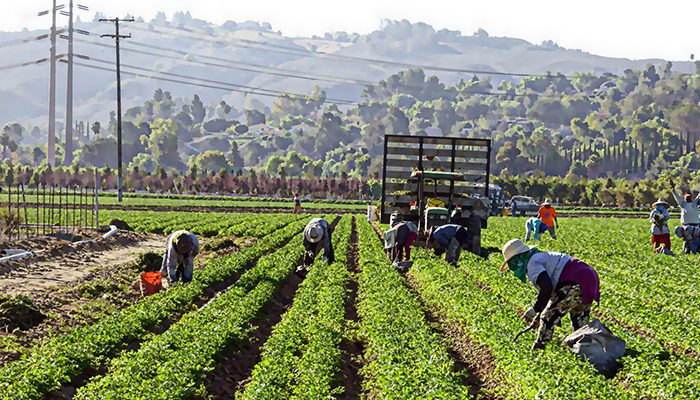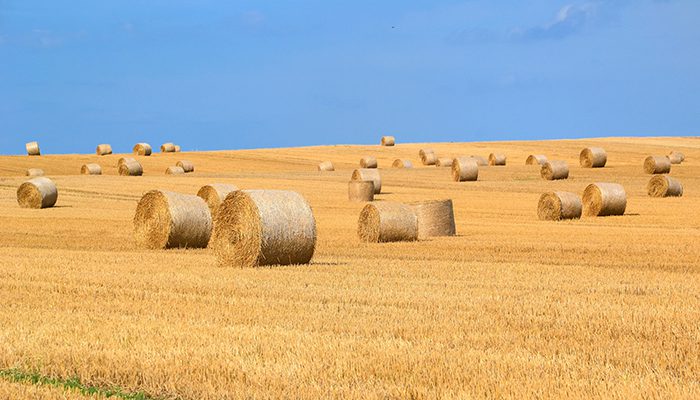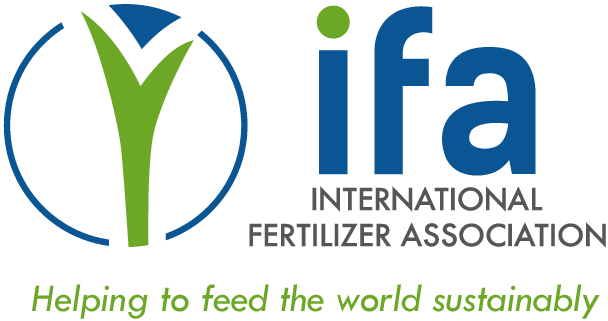Government Measures to Safeguard Fertilizers and Support Agriculture in the face of COVID-19
As the world enters a crucial period of agricultural production amid ongoing COVID-19 travel, trade and economic disruptions, it is vitally important that farmers can continue to produce enough food.
“Supply chains in the case of farmers are a complex web of interactions involving farmers and farm labourers, key inputs such as fertilizers, processing plants, freight distributors, retailers and more. To prevent food shortages, every effort must be made to keep them intact and moving efficiently”, FAO Chief Economist Maximo Torero Cullen recently observed.
With businesses throughout the agricultural supply chain calling for policies to be put in place to prioritize agricultural production and support farmers, IFA and the fertilizer industry welcome recent moves from governments around the world.
To support the agriculture sector which employs nearly 500 million people, India announced plans to use tech on an unprecedented scale to help track production and monitor critical agricultural data points during the lockdown, while 80 million eligible smallholder farmers will be paid Rs16,000 (around US$216) under a government cash-for-farmers scheme.
The United States’ has announced that it will provide US$14 billion in additional aid to agricultural producers, while Canada will release a further CA$5 billion in lending capacity to producers, agribusinesses, and food processors and is allowing farmers an extra six months to pay back government loans, with the possibility of a further interest free loan available. The EU also extended the limit for state aid to €100,000 per farm, while food processing companies can benefit from a maximum of €800,000.
To help counter current farm labour shortages caused by current travel restrictions, meanwhile, France recently called for people laid off during the crisis to form a “shadow army” of fruit pickers, an idea which Germany is also considering. Farmers in France will also be able ask for tax breaks in addition to other emergency measures.
Ensuring an adequate workforce is a particularly pressing concern. On March 30th, the EU called on its member states to allow the free movement of farm workers, though policies have yet to materialize to support this from member countries. A joint statement from the Directors-General of the FAO, WHO and WTO from March 31st also highlighted the importance of not disrupting the food supply chain by allowing the movement of agricultural workers (and food trade in general).

In addition to workers, agricultural producers also need continued access to key tools and inputs such as fertilizers. Responsible for growing around 50% of the world’s food today, mineral fertilizers are essential for ensuring consistently high crop yields and quality.
Since the crisis began, many governments have already recognized fertilizers as an "essential" product or industry, implementing policies to ensure that the fertilizer supply-chain can continue to work properly during the lockdowns:
Argentina, Australia (New South Wales and Victoria)*, Belgium, China, Côte d'Ivoire (*), France, India, Italy, Malaysia (*), Morocco, New Zealand (*), Nigeria (*), Canada (Québec Province), Russia (*), Spain, United Kingdom, USA, Vietnam. *Based on information received from IFA members.
These countries together represent about 60% of global fertilizer consumption and include some of the world’s biggest food producing and exporting countries. To ensure the continued global flow of fertilizers and other inputs, however, more countries must join them in prioritizing their movement.
While there have already been some promising measures taken to protect food supply during the COVID-19 crisis from governments around the world, if the pandemic continues more may need to be done to support farmers and ensure they can grow and export enough food for all. While the pandemic may impact the upcoming farming season due to possible disruptions in the supply chain and because of labour shortages, for example, it could also continue to affect the following seasons as farmers may lack cash to purchase fertilizers and other key inputs.

